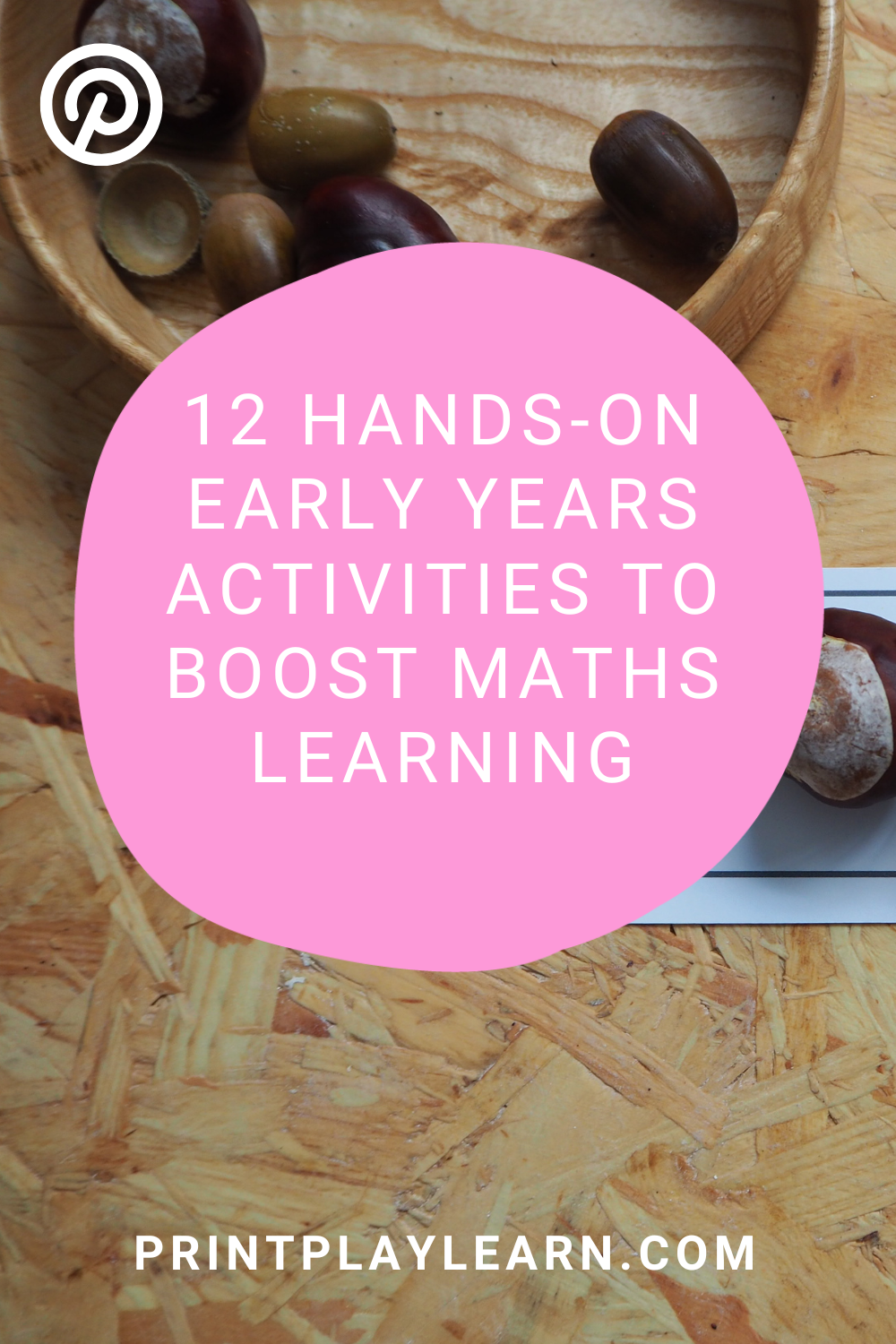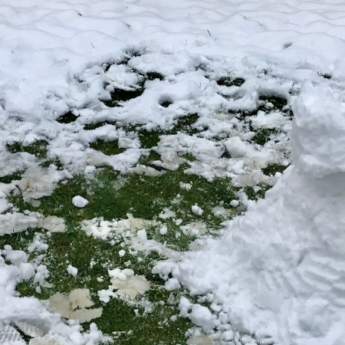12 Hands-On Early Years Activities To Boost Maths Learning
For many of us grown-ups, maths was (or still is) notoriously boring! Thankfully, it doesn’t have to be that way for our pre-schoolers. Here are 12 hands-on activities to help embrace the wonder of the early years and boost maths skills while having fun:
1. Play playdough smash
Here’s one to enjoy the sensory fun of playdough while practising counting at the same time. Roll up balls of playdough and place them in front of your child. See if they can count how many balls there are while smashing them as flat as possible with their hand or a toy hammer. Watch their little face light up and repeat!
2. Try toy counting
Challenge your child to collect as many of their favourite toys as possible and line them up before counting them. You can count them all at once or group them in different ways. For example, How many soft toys? How many toys are bigger than your hand? How many animal toys?
3. Play with dominoes
Dominoes are a great tool for showing a quick visual representation of numbers and provide a fun matching game. If you’ve got wooden dominoes, you can also use them to build towers or line them up and knock them down. Both ways to encourage hands-on learning about shape and positioning.
4. Cook together
If you’re feeling brave, cooking is another way to try hands-on maths with your child. Counting, weighing, measuring… There are many different ways maths skills are naturally used as you cook.
5. Go on a shape-spotting walk
Next time you’re heading off for a walk, turn it into a shape-spotting activity. Have your child pick a shape, and then see how many of those shapes you can find in your surroundings. Road signs, brickwork, leaves, cars – you’ll find shapes hidden within everything!
6. Tidy and sort
Next time your child puts away their toys, consider it a maths win! Sorting is an important maths skill, and requires children to match shapes & sizes and categorise. If your child has an Enveloping Schema (which means they enjoy putting things inside other things) they’ll particularly enjoy making a game out of tidying.
7. Play human coding
Coding might sound like something only computer programmers do, but it’s actually a really useful skill that children are being taught younger and younger. There are lots of fun ways to teach basic coding skills without tech, the easiest being to have your child program you! Think of it as similar to Simon Says… They give you an instruction, you follow!
8. Make maths yummy
There’s one very simple and engaging way to teach the concept of subtraction… eating! Write out a basic sum on paper (eg, 5-2) before asking your child to lay out edible treats (like raisins, cheerios, sweets) to form the sum and then carry it out.
9. Get out a stopwatch or timer
Time is another important maths concept your child will start to engage within the early years. Let your child play around with a stopwatch or timer to explore the concept of time themselves, watching the numbers change. Having a race against the clock is a fun way to understand time and speed. For example, racing to put as many toys away as possible in 20 seconds.
10. Investigate with a tape measure
Another gadget that can help your child explore maths through hands-on play? A tape measure. Choose a children’s tape measure or fabric tailoring measure to ensure it’s child-safe then let them play with it, measuring their favourite cuddlies, your feet, or whatever else that takes their interest! Don’t worry if they don’t yet understand how to correctly read their results. The first step is the concept of measurement.
11. Make patterns
Being able to recognise and create patterns is a fundamental part of understanding maths, and helps with later number operations. Which means encouraging your child to make patterns is a great way to encourage maths learning, whether it’s making patterns in Playdough, arranging toys, drawing, or lining up building blocks. One simple activity is starting a pattern yourself and asking your child if they can finish it.
12. Build, build, build
Construction play is another excellent hands-on maths activity, as a lot of mathematical thinking happens when building. Our favourite construction toys include Lego, magnetic tiles, building blocks, and making dens from cushions and blankets. Maths concepts your child will explore include shapes, angles, symmetry and balance – all while having fun.
Interested in more fun ideas to support your child’s learning? Read this blog to discover their exact learning style so you can pick activities that suit them best.

